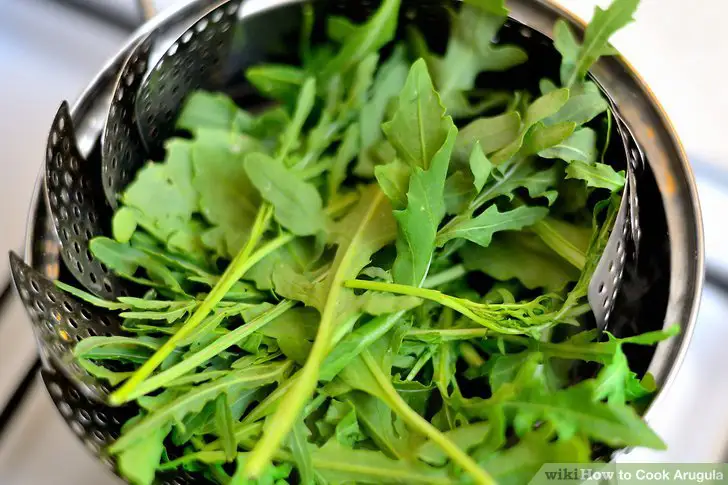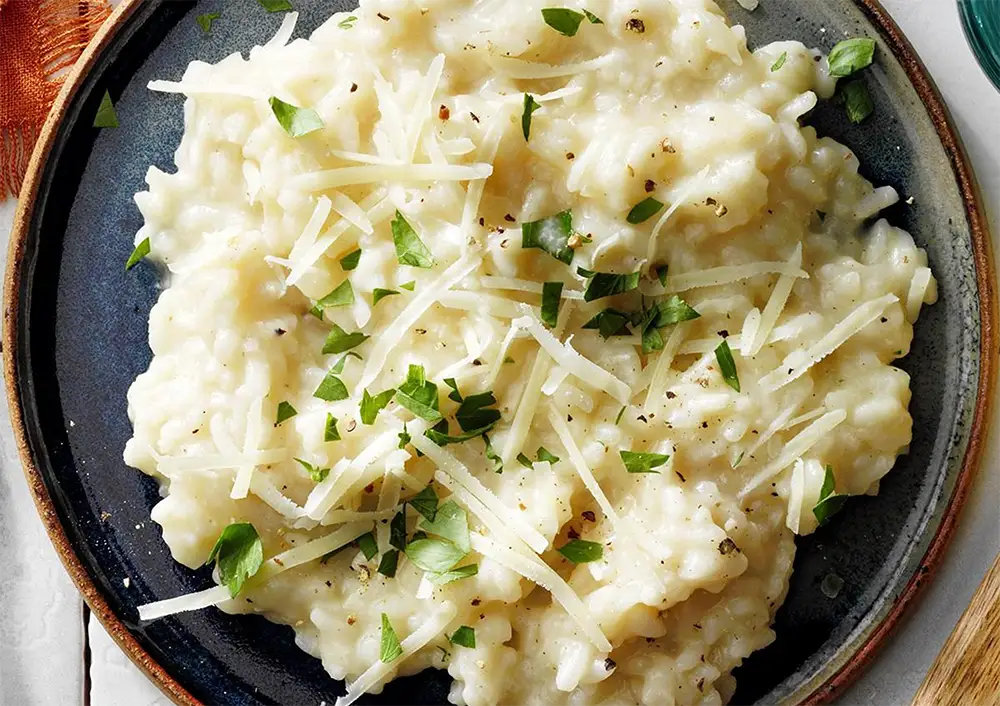Fava Beans
Arugula (Eruca vesicaria; subsp. sativa) is an edible annual in the Brassicaceae family used for its fresh, bitter, and peppery flavor. Other common names include garden rocket (in Commonwealth countries), “colewort”,”roquette”.and eruca. In Italy, they call it “ruchetta”, “rucola”, “rucoli”, “rugula.”
Cultivation and history
A pungent, leafy green vegetable resembling a longer leaved and open lettuce, Eruca vesicaria is rich in vitamin C and potassium. The flowers, young seed pods and mature seeds are all edible.
Easily grown by seed, arugula was listed in 802 AD, in a decree by Emperor Charlemagne, as one of the pot herbs suitable for growing in gardens. Various ancient Roman classical authors mention it as an aphrodisiac. Some say this is why during the Middle Ages it was forbidden to grow rocket in monasteries. The author of the Oxford Companion to Italian Food, says that because of its reputation as a stimulant, it was “prudently mixed with lettuce, which was the opposite” (calming). She continues that “nowadays rocket is enjoyed innocently in mixed salads, to which it adds a pleasing pungency.”
Rucola was traditionally collected in the wild or grown in home gardens along with herbs like parsley and basil. It is now widely available in supermarkets and farmers’ markets throughout the world. Arugula is also naturalized as a wild plant away from its native range in temperate regions in all corners of the globe. In India, the mature seeds are known as Gargeer.
Rucola was traditionally collected in the wild or grown in home gardens along with herbs like parsley and basil. It is now widely available in supermarkets and farmers’ markets throughout the world. Arugula is also naturalized as a wild plant away from its native range in temperate regions in all corners of the globe. In India, the mature seeds are known as Gargeer.

Maecenas aliquam efficitur luctus. Phasellus eleifend odio eros. Praesent ullamcorper eu mauris in volutpat. Maecenas aliquam efficitur luctus. Phasellus eleifend eros. Praesent ullamcorper eu mauris in volutpat. Maecenas aliquam efficitur luctus. Phasellus eleifend odio eros.

Culinary Uses
Since Roman days, the Italians have added fresh arugula to salads (often without lettuce). It is added to a pizza just after baking, and as a salad with burrata or a mozzarella cheese. It is also used in Apulia, in southern Italy, to make the pasta dish cavatiéddi, where large amounts of coarsely chopped rocket are added to pasta seasoned with a homemade reduced tomato sauce and pecorino cheese.” Arugula is added, chopped, to umpteen sauces and cooked dishes and becomes a fresh salsa (made by sauteeing it in olive oil and garlic) as a condiment for cold meats and fish. In Rome, rucola is used in straccetti, a dish of thin slices of beef with raw rocket and Parmesan cheese.
In Turkey, similarly, arugula is eaten raw as a side dish or salad with fish, or served with a sauce of extra virgin olive oil and lemon juice.
In Slovenia, rocket is often combined with boiled potatoes or added in a soup.
In West Asia, Pakistan and Northern India, Eruca seeds are pressed to make taramira oil, used in pickling and (after aging to remove acridity) as a salad or cooking oil.
Nutrition
Raw arugula is 92% water, 4% carbohydrates, 2.5% protein, and contains a negligible amount of fat. It has high nutritional value, as a rich source of folate and vitamin K. Arugula is also a good source of vitamin A, vitamin C, and the dietary minerals calcium, magnesium, and manganese.
Recipe Box
Lorem Ipsum is simply dummy text of the printing and typesetting industry.
Parmesan and Shallot Risotto
A yummy side to warm your heart and taste buds!
View All Recipe
Stay Connected
Sign up for e-news to learn about special events and offerings.